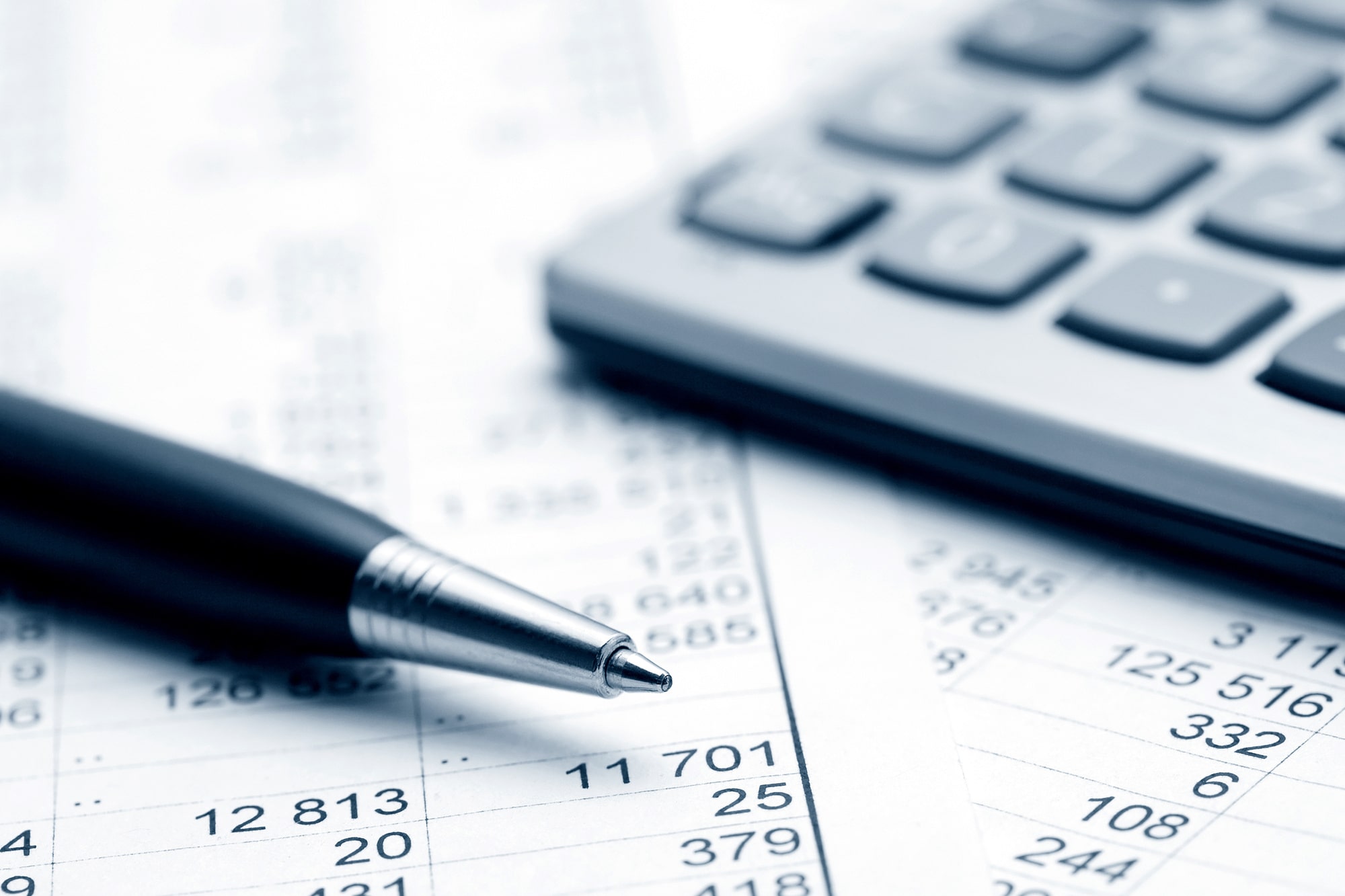Property management is a growing and popular field. There are more than 200,000 property managers in the United States. While the benefits of owning homes include tax write-offs and other perks, managing real estate investments also requires an understanding of property accounting.
So what is entailed in the financial management of rental properties in Denver? Read on to learn more. Our quick guide hits all the important points you need to know about.
Property Accounting
Any quality accounting software will do. You won't need to purchase specific software for landlords, although there are some great products for that on the market.
Set Up an LLC
Property management accounting is performed like any other business. Before you continue with the steps below, be sure to set up an LCC to shield yourself from liability.
Set Up Individual Bank Accounts
The easiest way to manage your expenses is to have a bank account or credit card for each property that allows you to keep track of expenses and income. Refer to the online statements to make a journal entry for each account.
Track Expenses in a Ledger
Set up a general ledger. Use the ledger to chart your rental properties.
This step, once properly set up, becomes easier to account for each month. If that step seems too complicated, you can hire a management company. On the spreadsheet, once rent is paid, add the payment.
Perform Monthly Accounting
Software programs can integrate monthly payments with your bank account. The payments are sometimes known as Automated Clearing House (ACH) payments.
If your software does not have this feature, you may have to go to the bank and have management set up ACH pulls.
You will also have to process invoices. These could be for utilities, landscaping, and other expenses. Your accounting software can print checks.
Perform Bank Reconciliations
A bank reconciliation ensures the balance sheet matches the bank balance. Enter transactions from the bank statement into the software. Then compare the book balance to the statement balance.
If they do not match, go back through the statement to find what was not entered correctly.
Print Financials
Every month, quarter, or year, print your financial records. Most property managers do this per month. Keep the documents stored for reference later or for tax purposes.
Once a year, perform a financial analysis. A cash flow statement can help you spot potential financial pitfalls early, such as whether you are optimizing your rental rates.
Learn More Useful Property Accounting Tips
By following the simple steps in this article, you can begin mastering property accounting. Keeping monthly tallies on your income and expenses can prevent situations where your books and software do not reconcile.
As a family-owned business in Denver, we provide reliable help for property investors. We understand your business and its needs.
Whether you are a new or seasoned real estate investor, give us a call or email today so we can help make managing your investments easier.




